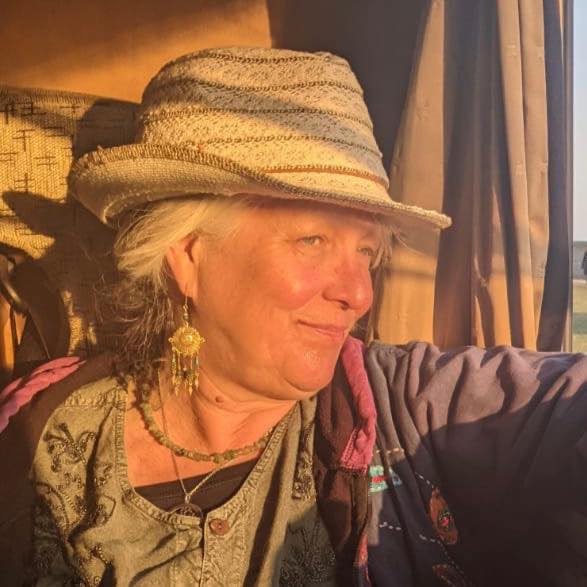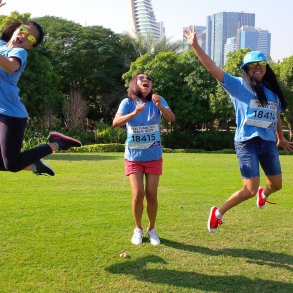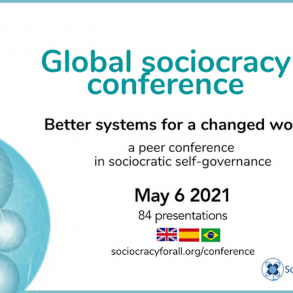By Anne Cross for Enlivening Edge Magazine
Anne Cross reflects, following Enlivening Edge’s April Third Thursday Community Conversation which was about the concept of “belonging” as related to ourselves and our work.
As human beings our need to belong is strong. For companionship we play together, make love together, stay together for the protection of our children. Communities have developed their own flavour, values, rituals, and creeds—all to define who belongs.
As evolved leaders we recognise that through time the values, leadership models, and key emotional drivers have changed with each new paradigm of organizational design.
The ‘Traditional’ (known as ‘BLUE’ in Spiral Dynamics or ‘AMBER’, in Integral Theory) stage of development is the time when organisations emerged in the world that brought a response to the previous predatory, impulsive style of leadership. With the Traditional stage we have a more conformist, stable, and longterm style. And for this we needed values and traditions to conform around.
Belonging is at the heart of the Traditional stage of development and is an element that has been included and grown with those who have sought to grow through later-developed paradigms, structures, and styles.
As we seek to form organisations with evolutionary purpose, that are transparent, accountable, inclusive, participatory, and trusting of all, we might ask what “Belonging” means for us?
We might start by assessing our own experience of Belonging. For many of us our experience of belonging as children was not a positive one. We grew up in traditional families and communities where belonging was equated with the acceptance of unchanging values and codes. This acceptance was seen as essential for our progress within a particular community, with the overriding intention of stability.
Those of us who found ourselves in unhealthy traditional communities mostly had one of two responses to the idea that everyone who wants to belong must follow the rules: we might have tried to conform, squashing our individuality into a box marked ‘acceptable’ and ‘lovable’, or conversely, we might have run for the hills declaring anarchy, and forevermore living on or close to the margins.
What does a healthy sense of Belonging look like in evolved TEAL organisations?
Let us first examine the changed context from earlier organisational structures to TEAL structures. No longer is it imperative to gather around hierarchical structures that mark out those who belong and those who don’t. Gone are the rigid markers defining the edges of an organisation, the demands to assent to a creed, or respect afforded based on one’s place in a hierarchy.
In this universal space, TEAL leadership leans into the connectivity of all life, human and non-human. It hears an invitation to the leaderfulness of each one of us in the communal dance of the cosmos. [1] We acknowledge the natural hierarchy of complexity; the smallest component, the individual, has less complexity while a number of individuals around a table brings more ideas, more skills, more insights and therefore is more complex. We recognise the group as being more powerful in its complexity, and the individual as fundamental, crucial within the complexity of the whole.
In a TEAL organisation, we recognise the interplay between individuals and groups of individuals. As an individual within a team, I look for balance between my agency and my communion; my right to be embraced as an individual alongside my need for communion—my place within a team or circle as part of the larger picture. The dance of being ‘I’ as part of a ‘We’. I recognise my autonomy and embrace my role as a part of the whole. In previous organisations I may have needed to justify my place, my individuality. I may have needed to leave a part of myself at the door in order to fit in.
In the TEAL organisation I expect to be free to connect spiritually, physically, socially, culturally with no part of me that I must leave at the door, to the extent that I choose (or dare) to bring my whole self. I experience welcome for my whole being, my whole offering, my whole purpose.
How do we nurture a culture of belonging in an evolved organisation?
‘Belonging’ in a TEAL organisation is bound up with the organisation’s success; your story is our story, my evolutionary purpose is bound up with your evolutionary purpose and with this space. Belonging in this space requires transparency and accountability from the TEAL leadership. It requires trust in the way the organisation is structured and decisions are made, and trust that this is the wholesome way our particular leadership is operating.
Leading in this evolved paradigm, we encounter a dance. Fairness and equanimity in the workplace come not from uniformity but loosrning or tightening the tension on the strings of our music machine. Belonging for the TEAL leader brings to focus the importance of each person living their true purpose. Recognising that not every worker understands or seeks such a flexible workplace, the organisation provides the necessary spaciousness or the supportive container for each person’s need so each person ends up feeling they belong because they are contributing and their contribution is acknowledged as valued..
Belonging in this TEAL space, comes not from being part of something static, defined, and cosy, but something fluid, dynamic and challenging, and that belonging is so worth working for!
With deep gratitude to the Community Conversations team for bringing Belonging to our consciousness on that Thursday. Especially as one for whom the experience of Belonging as a kid was difficult, it has been delightful to revisit it through a new lens and with dear peers who are willing to break open these topics sited in tender places.
For further information:
To receive notifications of future Enlivening Edge Community Conversations, subscribe here.
Study around stages of development can be found in many resources related to Spiral Dynamics (Clare Graves) and Integral Theory (Ken Wilbur). Here is one: https://www.youtube.com/watch?v=I0AMNcUR33s

Anne Cross used a post grad degree in performative theology as a springboard to explore evolved spirituality. Through her work as an ordained Interfaith Minister, she explores the place of ceremony and ritual in a post religion world, suffusing the experience with a knowledge of Spiral Dynamics and Integral Theory.
She is a founder and Director of OSMIC, an organisation which connects, supports and offers professional development to Independent Interfaith Interspiritual ministers.
Featured Image by Shirley Hirst from Pixabay




